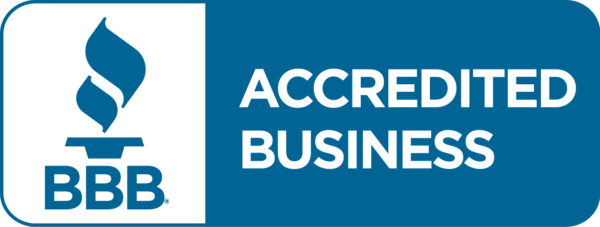Are Section 8 Subsidized Units Always Good Since It’s Guaranteed Income?
The short answer is no. But it’s a pretty nuanced ‘no’. Many borrowers moving into the multifamily space love the idea of any guaranteed income – particularly if it is coming from a local or state agency. There are a couple of reasons that can be attractive. First, there is always an ample supply of tenants needing government
assistance. In theory, that should translate into higher occupancy and less management effort to fill vacant units. Second, as the vast majority of the rent is subsidized (sometimes higher than 95%), the tenant responsibility is so low that virtually anyone working can afford that portion of the rent.
However, there are several caveats before going all-in on the concept. First, these tenants tend to be harder on properties relative to maintenance. Owners will find overall maintenance costs for these units tend to be higher as more routine work is needed as units tend not to be cared for as well. That is in now way intended to be a knock on the tenants – more just a fact of seeing these units and operating statements for over 25 years. In another quick article, we mention how important routine maintenance is in order to keep small problems small.
Subsidized tenants may not report maintenance issues as quickly – for whatever reason – and those small problems can become greater if not handled quickly. An example would be a leaking toilet or bathtub. It doesn’t take long for that water to find it’s way into the subfloor eventually rotting out sheathing and even floor joists. A small $100 fix may have just become a $1,000 fix.
From a management point of view, that means added hours to do routine inspections of units and/or higher repair costs. Second – and related to the first – when subsidized tenants move to other properties, the turnover costs tend to be higher. Instead of a simple carpet cleaning, you might be looking at replacement. Rather than normal cleaning, you could be looking at a full re-paint of the unit. While some of these costs could be withheld from security deposits, as a rule, that’s more trouble than it’s worth and owners simply absorb the cost.
Then there is the added issue of time related to turnovers. It will simply take longer to do more substantial repairs to a unit over simple cleaning. That leaves the unit offline for an additional week, two, or three which results in lost income.
You’ll notice from the two discussions above, it’s not a simple equation. Over the years, we’ve come to see owners with experience in the subsidized space do well because they have already factored in the variables above. They know how to work with these tenants and stay on top of potential costs/issues down the road.
Subsidized tenancy can definitely be a source of stability in cash flow. However, new buyers shifting to multifamily from other investments should get the counsel of their real estate broker and property managers before going all-in on properties heavily invested in subsidized housing.’
We recognize this is a very generalized overview of the concept. We would be happy to speak at length about the pros and cons. If that would be of interest, please don’t hesitate reaching out and we’ll arrange a convenient time for a call.


